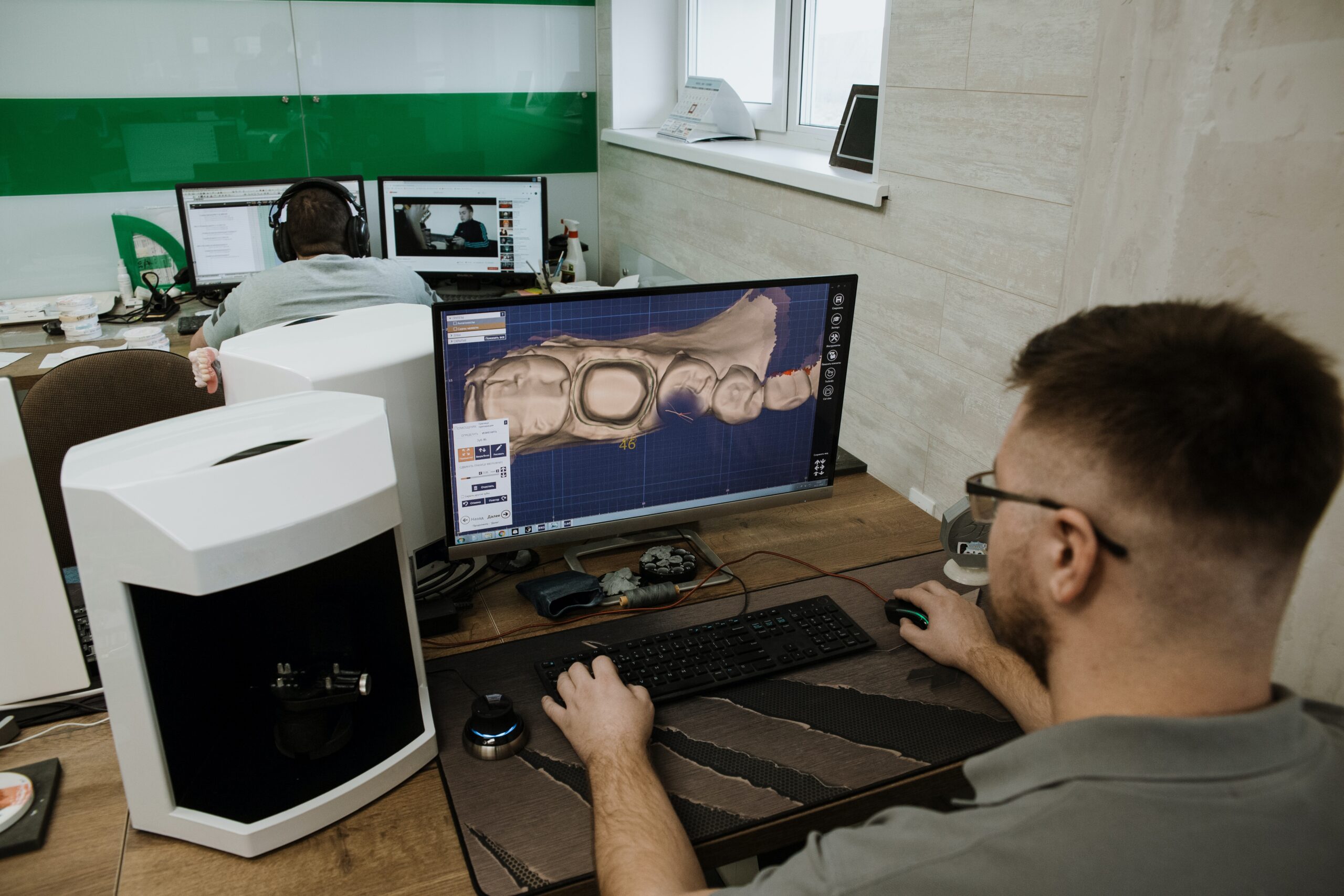One of the most frequent reasons for a dental claims billing denial is due to the lack of proper documentation or supporting documents and records. The more the number of missing supporting documents and records in your claims submission, the greater the chances of a denial. Additional documents, records and authorizations are necessary to “prove” that the patient’s treatments were indeed necessary. When a patient leaves your practice, they trust you to handle all their billing-related needs, including the necessary attachments of the various supporting documents. Even with many years of experience filing insurance claims for services and treatments rendered, practices may still overlook a required document or record. Having a final mental checklist can alleviate this risk.
Different types of Dental Claim Billing Attachments:
Narrative
This refers to the provider’s expert findings about the patient’s condition and the written documentation outlining the clinical need for the treatment that is to be provided.
Preoperative radiograph (x-ray)
This reference is made to the x-ray of the tooth or teeth or the area of treatment taken before the procedure. It illustrates the state of the treatment area, such as recurring decay, significant fractures, impacted teeth, missing teeth, and poor restoration.
Postoperative radiograph
The x-ray of the tooth or teeth or the area of treatment taken after the procedure is completed is known as postoperative radiograph. This offers clinical proof that the procedure was successfully completed and that it was an absolute requirement.
Intra-oral photo/caption (IOP/IOC)
Intra-Oral Photos (IOP) or Intra-Oral Captions (IOC) are the high-resolution pictures of the tooth or teeth which are being treated, taken with a small, handheld, pen-shaped camera placed into the mouth. This is essential for identifying details that cannot be seen on a radiograph, such as minor fractures in the teeth, the degree of decay, etc.
Additional supporting documents
Additional supporting data includes periodontal charting, referral reports, EOBs, etc.
Some reasons why the required supporting documents are not attached when submitting a claim are:
Forgetfulness
Caught up in the general melee of office work on a busy day, be it patient care or treatment, the dental staff just might forget to attach a critical supporting document when submitting a claim. Unfortunately, this oversight can result in a denial from the insurance.
Uninformed of the significance
Many practices are still unaware of the significance of attaching x-rays and other documents to demonstrate the necessity for dental claims billing services rendered. On the other hand, an x-ray may not always reveal what the human eye can see, which can lead to practices thinking it is not important to the same.
Proper documentation reduces denials and has many other advantages:
Speeds up and simplifies dental claim processing
With accurate and complete attachments, practices do not have to fear possible denials. It helps speed up the entire claims billing process. With all the necessary documents right from every document pertaining to the patient’s details to all the treatments and services rendered, at hand, the task for filing and submitting a claim would be simplified and the claims processing time would be considerably reduced.
Reduces follow-up time with patients
With the necessary data already in hand, practices can avoid or reduce the needless time that goes into patient follow-up. Also, correctly filed claims reduce backlogs at the providers’ offices and spares the insurance provider from having to deal with additional inquiries.
Increased clean claim rate
Lack of proper attachments is one of the common reasons for dental claim denials, and with that being managed and controlled, the number of claim denials can be reduced, in turn increasing the clean claim rate.
Get paid faster
With the increased claim acceptance rate and claims getting first off, claim billing becomes easier and faster, leading to claims getting paid faster. The time and effort spent in reworking and resubmitting the denied claims can thus, be reduced to a certain extent.
Failure to attach supporting documents can lead to:
- Delayed payment by payer and a higher denial rate.
- Decrease in productivity and increase in labor costs as personnel will need to resubmit claims again.
- Patients lose trust in your practice; they may feel they are being wrongly billed.
Although many of the dental policies do not require attachments for preventative and diagnostic services such as examinations, cleanings, radiographs (x-rays), and fluoride treatments, many of the routine procedures like anterior composite, root canals, extractions, and periodontal procedures may call for attachments. Since the insurance companies need supporting proofs to make sure the procedures and treatments rendered are successfully completed, and that they were medically necessary and not purely cosmetic in nature, all supporting documents and records pertaining to the procedure or treatment must be attached to any claims filed by a practice.




